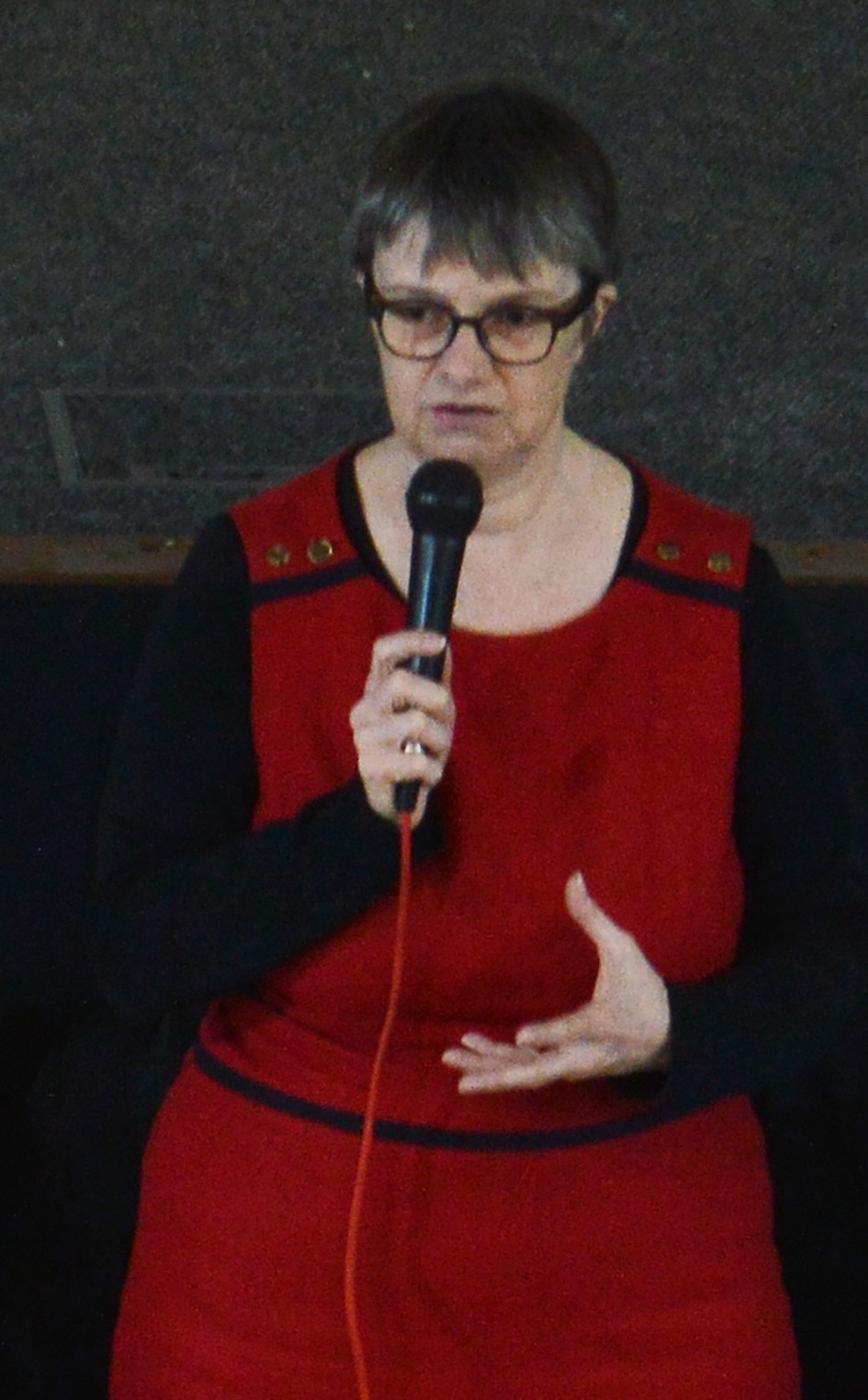The Luddites, a team of sacked aerospace workers who turned their skills to socially useful production and a Victorian reformer who criticised Robert Owen for a lack of radicalism were among the sources of inspiration for co-operators looking for ways to grow the movement.
Panellists at the Ways Forward 7 conference in Manchester, organised by Co-operative Business Consultants, were looking at ways for the UK co-op movement to acheive its goal of doubling itself in size.
One speaker was Ian Hewitt, from Co-operatives East Midlands. A robot engineer by profession, he worked at the Centre for Alternative Industrial and Technological Systems in the 1990s. This was set up in 1978 at North London Polytechnic, based on the work of shop stewards at defence company Lucas Aerospace.
After Lucas Aerospace announced job cuts, the union bosses proposed moving workers from defence projects to socially useful production. The team proposed 150 ideas for medical equipment, transport vehicles, improved braking systems, energy conservation, oceanics, and telechiric machines. Innovations included electric cars, heat pumps, TV remotes and increased domestic production of dialysis machines.
Mr Hewitt looked back at his work with the Lucas Plan in his presentation to the conference session, and said it showed it was possible for technology to foster co-operation instead of industrial capitalism.
His experience gave him a perspective on co-op history, he added, leading him to question the virtues of Robert Owen’s New Lanark project – a workers’ community viewed as an important forebear of the modern co-op movement.
“New Lanark was the high tech of its day,” he said, “but was that tech co-operative or capitalist?”
Other reformers of the era offered a more radical spirit, he said, with the Luddites making “an appeal to commonality” against a system which failed to distribute the economic benefits of new technology across society.
“We should celebrate the Luddites,” said Mr Hewitt, drawing parallels between their campaign and today’s tech revolution, where the internet means “some people do very well and a lot do very badly”.
Another inspiration was William Thompson (1775-1833), a “socialist, feminist and co-operator” who fell out with philosopher Jeremy Bentham – an investor in New Lanark – accusing his enterprises of not distributing their profits fairly.
Co-op growth should also mean more radical thinking, he said, providing antidotes to the surveillance and automation brought about by new tech, and offering green industries to aid the carbon transition.
In places like Derby, skilled people who work for defence industries which are winding down need new opportunities, he added. So a challenge for the movement is: “How do we create techs that prompt co-operation in socially useful production?”
Democratic ideas like open source software are important, he said, and social utility is as important as being a co-op.
“London Stock Exchange used to be a co-op,” he said, “but was it socially useful? And William Thompson was too radical for Owen – so why has he been written out of co-op history?”
Molly Scott Cato, Green MEP for South West England, said environmental ideas were also important to take co-operation forward.

Calling for a “co-operative angle in the Green New Deal bill”, she said: “We need to have blueprint there so it can be put into action as soon as Labour is in government.”
This means a wholesale rethink of modern lifestyle and attitudes, she added – but said this doesn’t mean a future of scarcity.
“We need a biogreen economy. Capitalism is selling us stuff we don’t need – it makes us unhappy and it’s trashing the planet.”
Later, in her keynote speech, Ms Scott Cato said it was up for the co-operative movement to join efforts to solve the political crisis engulfing the UK.
She said Brexit would be “a disaster” but although it was aimed at the wrong target, it contained the right message – that “we’re living in a country that has ignored people and left them behind”, while nations created “bespoke tax regimes for the rich”.
In another pointer to the lessons of history, she added: “Co-ops were created in response to a political crisis and a broken social contract.”
The same situation applied today, bringing huge opportunities – but she warned there are also risks, with “fascism on the rise”.
She added: “Co-operativism is about practical approaches and the sharing of power – there’s an important role for co-ops now”.
Echoing Mr Hewitt’s concerns on the tech revolution, she said the undermining of democracy by Facebook, and the inevitable job losses from automation, mean “we need to ensure the value those technologies bring is shared fairly … Co-ops have a role in that”.
And she told delegates: “Co-ops are good at empowerment, education and inducting working people into politics. It offers a way to bring working people into constructive political activity.”

